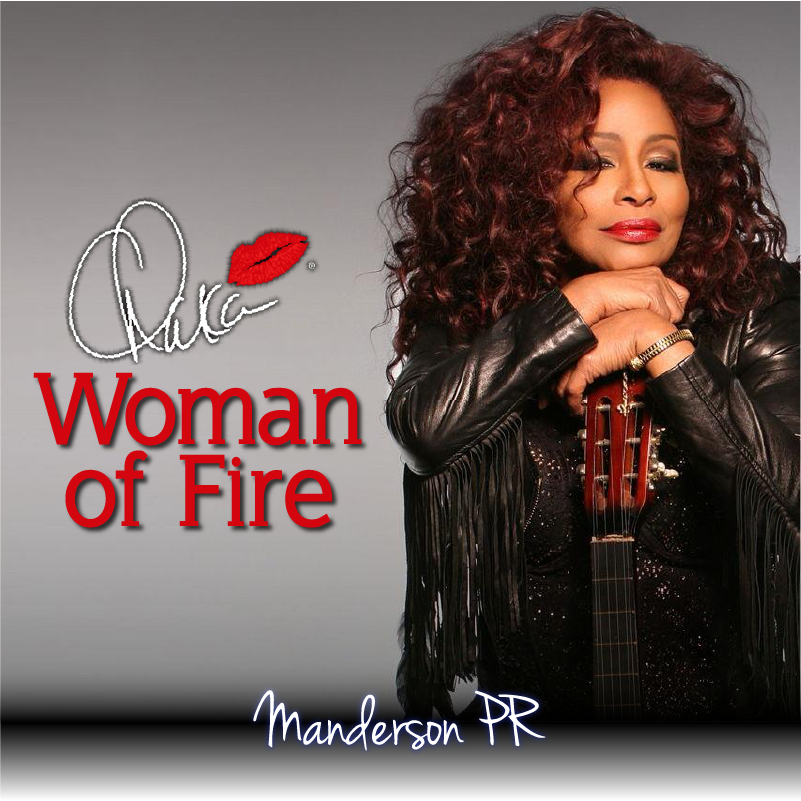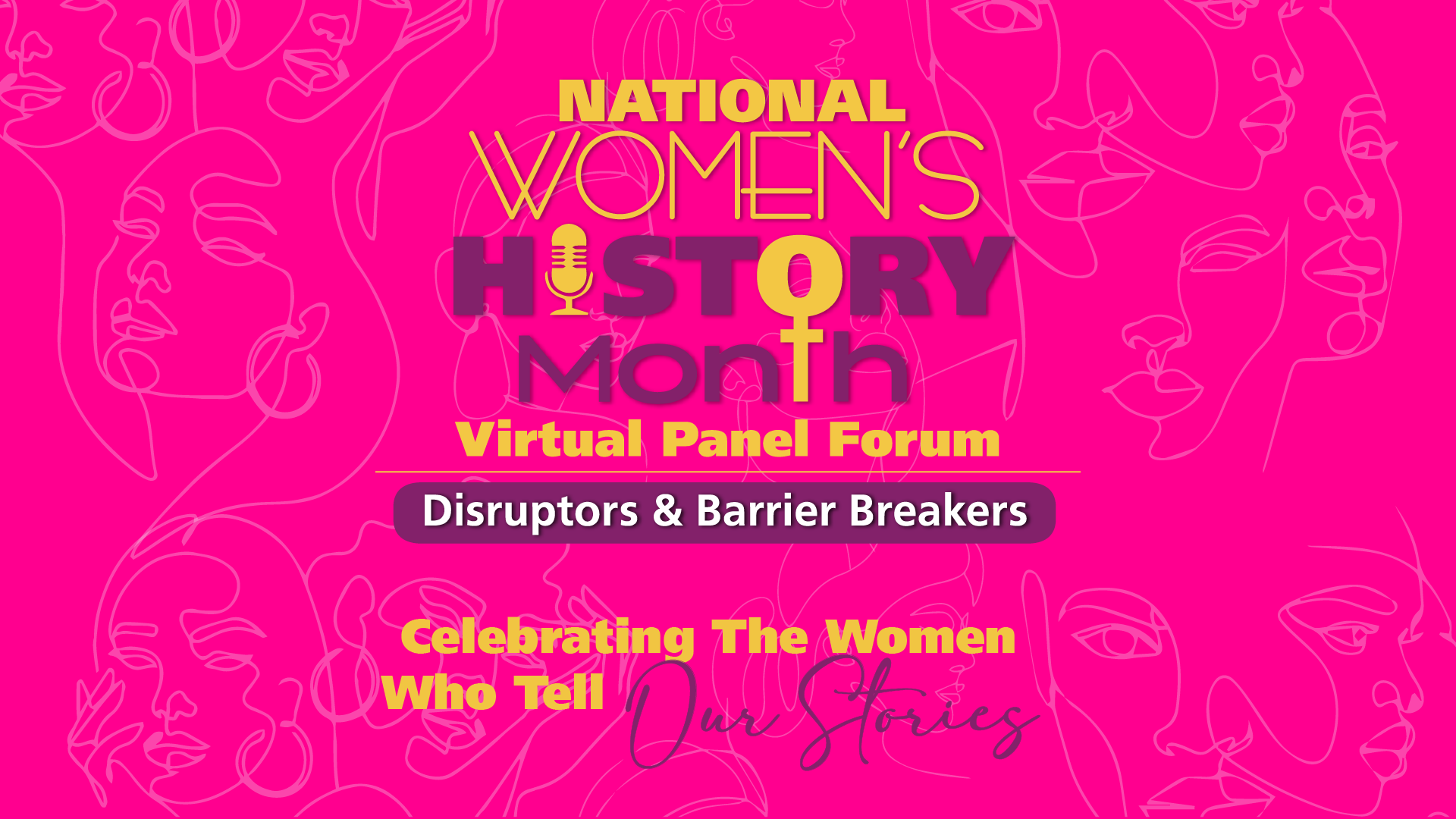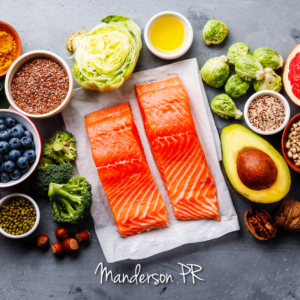One of the many joys I have as the Executive Director of a five-year-old public relations and marketing firm is that I’ve had the pleasure of producing a few concerts. For example, last year, as the pandemic was finally nearing an end, I had the pleasure of meeting Chaka Khan, the iconic artist whose talent spanned from the 70s through this moment.
Below is the article from Uptown Magazine that featured my interview with Chaka Khan:
For almost five decades, Yvette Marie Stevens, better known as Chaka Khan, has embodied the ideal of an accomplished artist, free of restraint and fear of her consequences.
Chaka, which means “woman of fire,” is known as an accomplished songwriter, actor, author, and entrepreneur but also an activist. Now 68, Chaka has lived a rich life that models a different kind of dream, one in which she gets to gracefully reflect on a career that includes her struggles with addiction and recovery and learning to rely on her faith to help her stay clean. But mostly, her relationship with avant-garde music icon Prince and his death crystallized her newfound inspiration for sobriety.
As a teen growing up in Chicago, Chaka was exposed to the Black Panther Party. By age 14, she was a member of the organization and acquired her new name Chaka Adunne AduffeYemoja Hodarhi Karifi. After dropping out of high school, she focused on aiding underprivileged youth and the complimentary breakfast initiative the Black Panther Party provided, splitting her time and energy as a musician.
Chaka was divorced from her first husband, Hassan Khan, by age 19. Then, in 1972, the Chicago band Rufus discovered her in a local nightclub. The meeting was timely because Rufus was in a position to sign with ABC Records in 1973, which secured the future of Rufus & Chaka Khan.
With seemingly an uninterrupted success story, the band would produce six gold and platinum records over four quick years. But like any lead talent in a band, it was just a matter of time before Chaka would step out as a solo artist as she arguably would surpass her past with her debut record called “I’m Every Woman,” written by Ashford & Simpson.
Perusing her musical history, you are quickly reminded of her 22 albums, 10 Grammy Awards, $70 million in record sales, and two-lifetime achievement awards.
“I’m honored, and you may not know that I love Jazz,” said Khan. “I’ve had the pleasure to work with some of the legends in music that I’m most inspired by. Icons like Ella Fitzgerald, Sarah Vaughn, Nat King Cole, Duke Ellington, Frank Sinatra, Josephine Baker, Aretha Franklin, Stevie Wonder, and Nina Simone have all played at the Hampton House. What a delight to be a part of such rich history as I join these legends and help bring back the sizzle to this iconic jewel, The Historic Hampton House, a former Green Book motel from the segregation era.”
While the final song of her performance during the Hampton House’s “From BeBop 2 HipHop” concert series “Ain’t Nobody,” played with the warmth of the blue sky overhead, Chaka was greeted with a standing ovation. She remained with the audience in their rapture, forever knowing that her performance was necessary for both the crowd and herself, as she’s now able to say, “I too played at The Historic Hampton House.”




